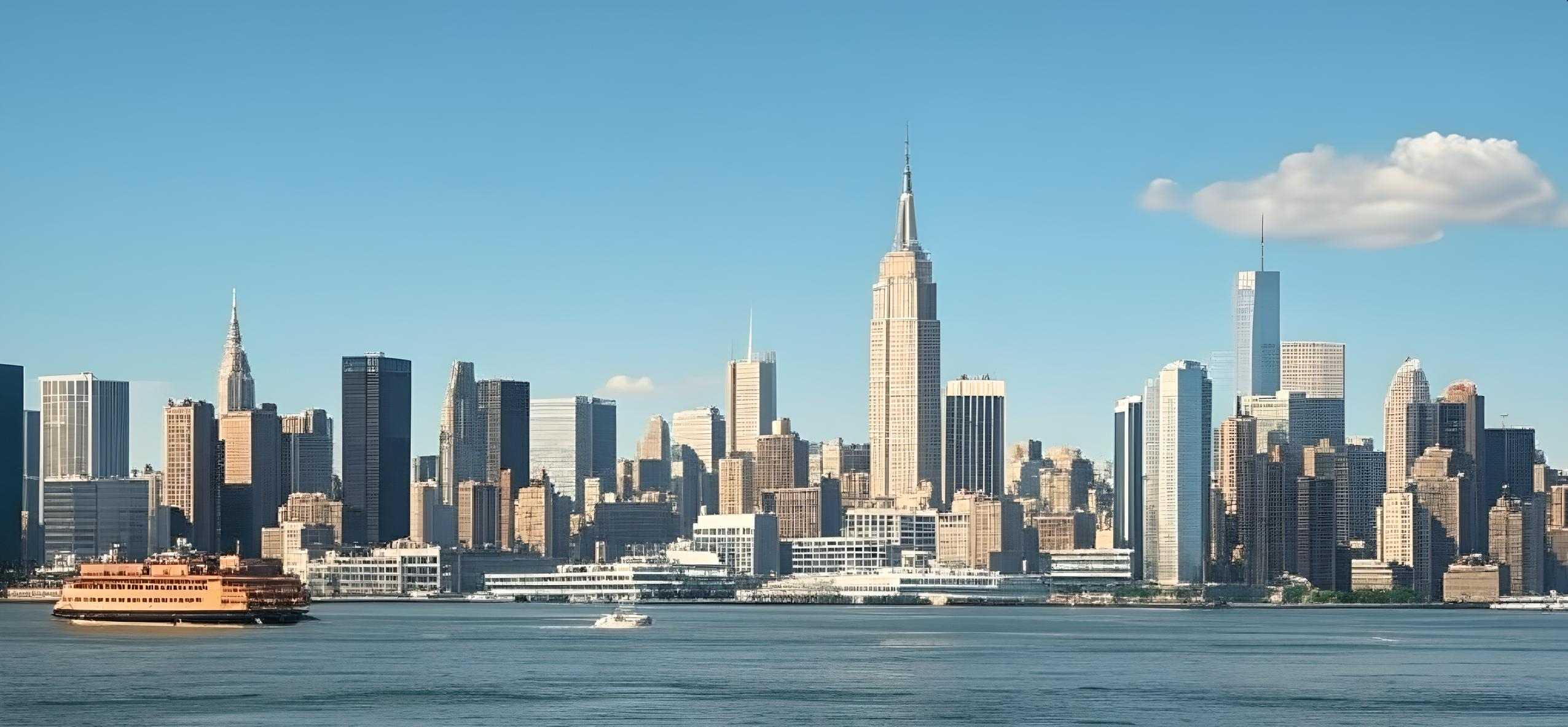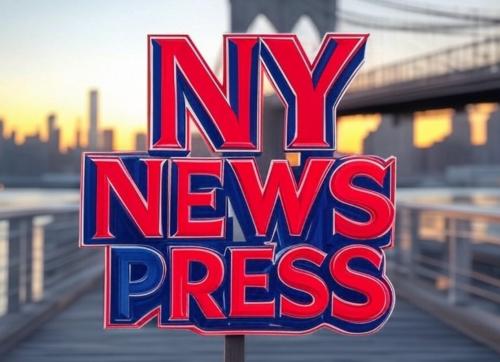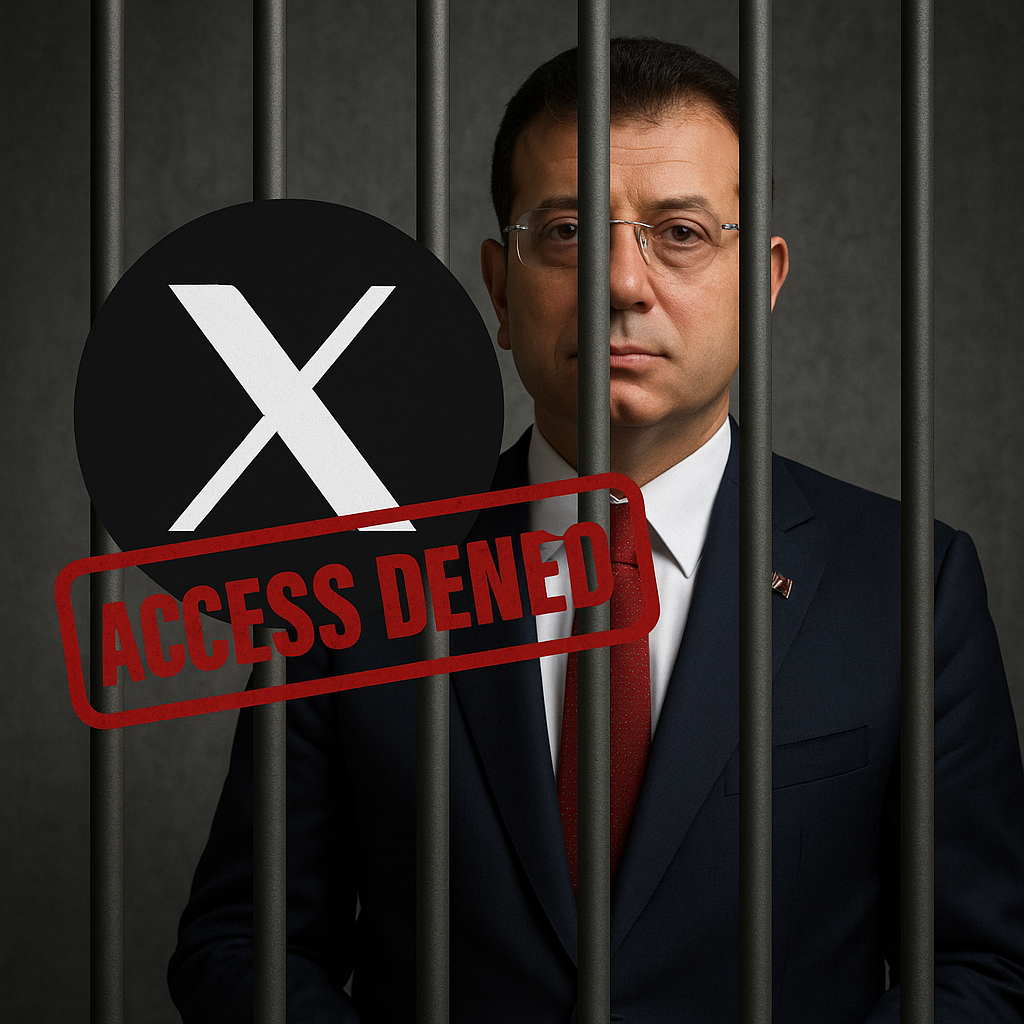The Curious Case of Ekrem İmamoğlu and the Price of Free Speech
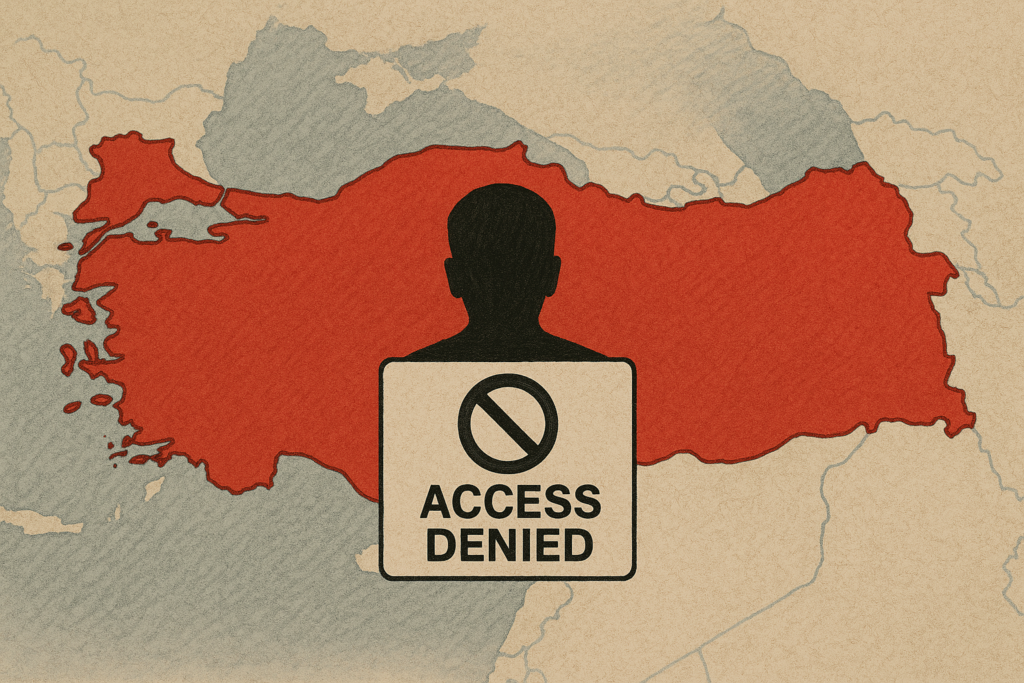
By Ela Buruk
Editor‘s Introduction: In any true democracy, the right to free speech serves not only as a constitutional guarantee but as a bulwark against tyranny. When governments weaponize the law to silence political dissenters—a practice known as lawfare—they undermine democratic norms and expose their fear of accountability. In her sharply satirical and incisive essay, Turkish citizen Ela Buruk explores the case of Istanbul Mayor Ekrem İmamoğlu, whose political rise and critical voice led not just to his imprisonment, but to a digital erasure of his presence. Through wit and pointed critique, Buruk lays bare how censorship cloaked in legalese threatens democracy in both physical and virtual realms.
In an age where cat videos, motivational quotes, and political revolutions all coexist on the same timeline, it takes true genius to look at a politician’s Twitter account and exclaim, “This is the real threat to public order!” And yet, here we are—welcoming the news that Turkish authorities have taken the bold, courageous, and oh-so-democratically spirited step of blocking access to Istanbul Mayor Ekrem İmamoğlu’s X (formerly Twitter) account within Turkey. Because nothing says “strong leadership” like silencing a man already sitting in a prison cell.
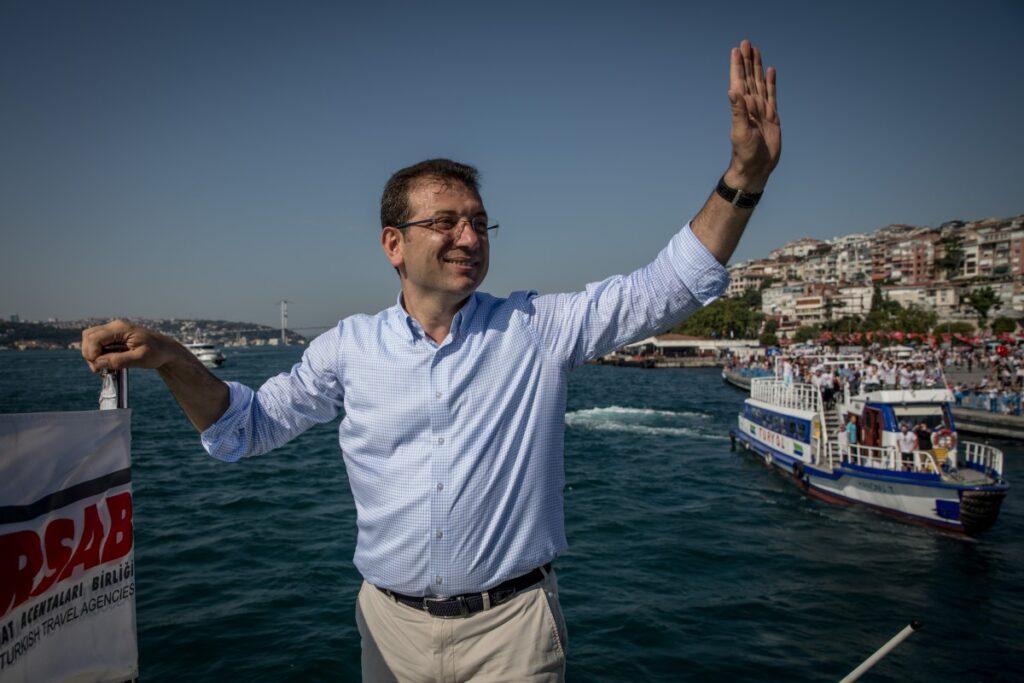
Yes, Ekrem İmamoğlu, a figure seen by many as a political rival to President Erdoğan, has not only been detained but now digitally disappeared—at least within Turkish cyberspace. The irony is poetic. Incarcerated in the real world and ghosted in the virtual one. It’s the 21st-century full-service authoritarian package.
When Tweets Threaten Thrones: A Dangerous Man… with Wi-Fi?
Let’s start with the facts: İmamoğlu is currently detained, awaiting trial for various charges, including alleged corruption. But apparently, Turkish authorities determined that his presence on social media—an account presumably managed by his team—was inciting unrest. A single post from April 24 was flagged for “encouraging criminal activity.” While the exact wording of this terroristic tweet hasn’t been made public, one can only imagine the content:
“Hope everyone is doing well. Justice will prevail.”
Scandalous. Absolutely destabilizing. Democracy was hanging by a thread until this menace was muzzled.
So, in the interest of “public order,” Turkish courts ordered a geo-block on his account. Citizens in Turkey can no longer access the dangerous ramblings of this… politician. And here we thought the internet was the last place where people could speak freely. How silly of us.
Freedom of Speech™ – Now Available in Premium
This brings us to the golden question: Can freedom of speech be bought? Is expression something available to the highest bidder or those with the most compliant political affiliations?
Spoiler alert: Yes. In fact, the free market has already solved this problem. Twitter—excuse me, X—under the Muskian regime has made it abundantly clear that verification, visibility, and sometimes even basic access are not rights, but perks. Blue checks are for those who pay. Amplification algorithms are for those who comply. And silence? That’s still free. In fact, governments everywhere are dishing it out with discounts.
In Turkey, as in many other digitally delicate democracies, freedom of speech has been reframed. It’s no longer a guaranteed right—it’s a controlled resource. Much like oil, water, or affordable rent in Istanbul, it’s allocated based on strategic interests. You want to speak? Wonderful. Just make sure your words don’t upset the people in charge. Or their cousins. Or their cousin’s investment portfolio.
Social Media: The New Battleground for Control
Let’s not be naive. Social media was never truly “free.” From its inception, platforms like Facebook, YouTube, and Twitter have thrived on selling attention, monetizing outrage, and optimizing for addiction. But there was a time—oh, a simpler time—when they at least pretended to be platforms for open dialogue.
Now, they’re something else entirely. They’re battlegrounds. Nation-states flex digital muscles. Tech companies play God with moderation policies. And ordinary users get caught in the middle, wondering why their post about potholes was shadowbanned.
In this chaotic landscape, a jailed mayor losing access to his Twitter account might seem like small potatoes. But it’s emblematic of a much bigger shift: a world where silence is imposed algorithmically, enforced judicially, and disguised as “safety.” After all, nothing protects democracy like making sure no one critiques it.
Censorship: Now With More Bureaucracy

What makes modern censorship so fascinating isn’t just its prevalence—it’s its packaging. Gone are the days of brute-force crackdowns and burned books. Today, we have court rulings, digital geofencing, and community guidelines. Censorship has gone corporate, baby.
In the case of İmamoğlu, the Turkish court system didn’t need to jail journalists en masse (though it’s doing that too, for good measure). It simply filed a legal request, cited national security, and voilà—access denied. Smooth, sterile, and entirely legal. It’s not repression—it’s “regulation.” It’s not silencing—it’s “harm reduction.” Orwell must be throwing a cocktail party in his grave.
And of course, X complied. Because when you’re a global tech company trying to stay profitable in autocratic markets, principles are negotiable. The algorithm must flow. Stocks must rise. Users must scroll.
Satire Is Not Dead. It’s Just Shadowbanned.
One might assume that this article—dripping with sarcasm and biting critique—would itself be flagged, demonetized, or quietly buried under ten thousand cat memes. That’s the beauty of modern censorship: it doesn’t need to burn your words. It just makes sure no one sees them.
Ekrem İmamoğlu’s blocked account reminds us that speech isn’t free if no one hears it. And what’s more insidious than outright bans are these subtler forms of silence: shadowbans, throttling, “content moderation” policies that differ based on who’s in power.
We live in a world where satire is dangerous, but propaganda is patriotic. Where speaking truth to power gets you deplatformed, while speaking power to truth gets you promoted.
When Tweets Threaten Thrones: So, What Now?
The case of İmamoğlu is a test. Not just for Turkey, but for all of us who dare to believe in the free exchange of ideas. Are we okay with a world where digital expression is dictated by political whims and corporate risk assessments?
Are we comfortable knowing that a man can be imprisoned in both body and bandwidth for saying inconvenient things? Are we ready to admit that freedom of speech has become a luxury, not a right?
More importantly: are we laughing enough at the absurdity of it all? Because if we’re not, the censors have already won.
Final Thought:
In the year 2025, your ability to speak your mind is no longer a given—it’s a glitch. A negotiable clause. A subscription tier. And while Ekrem İmamoğlu may have lost his voice on social media, his silence speaks volumes. It reminds us that the fight for freedom isn’t just on the streets. It’s on the screens, too.
And if we don’t speak up, soon the only thing left to say will be: “This content is unavailable in your region.”
Ela Buruk is a pseudonym to protect the identity of the writer and editor – a Turkish citizen – who specializes in technology, digital trends, and ethical issues.
